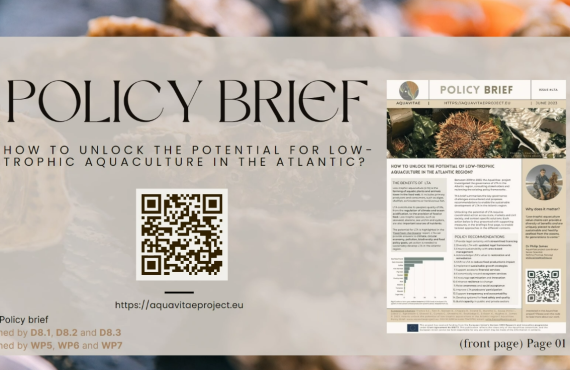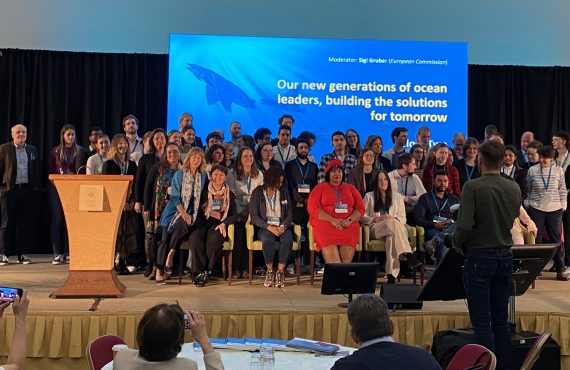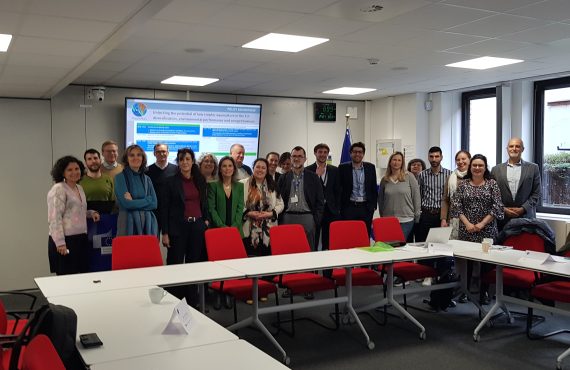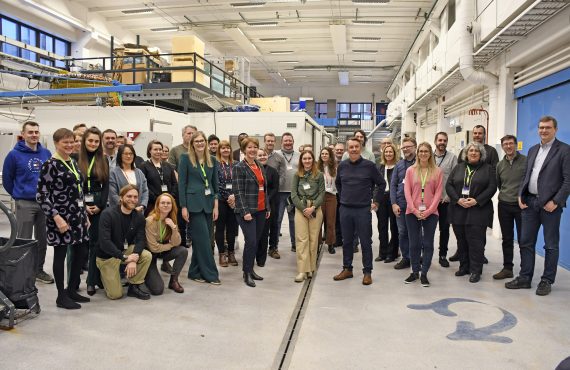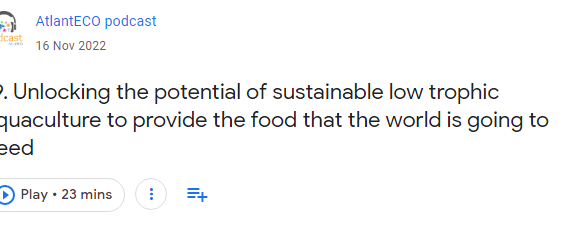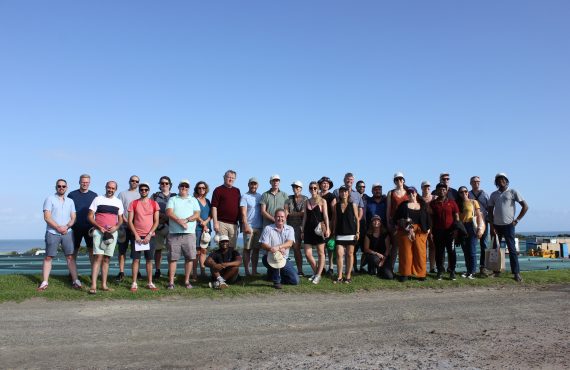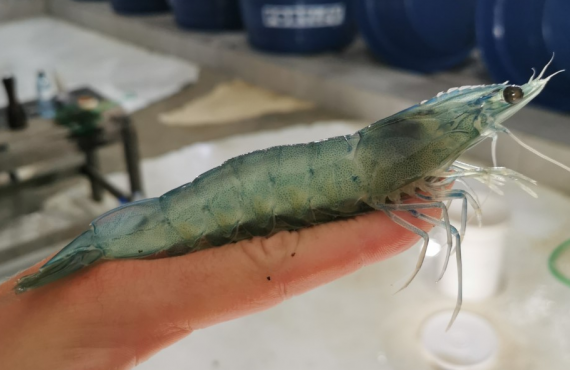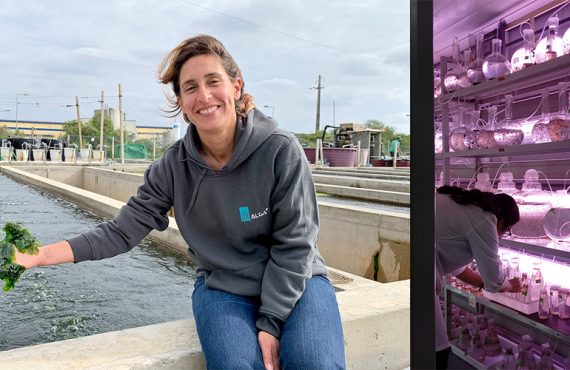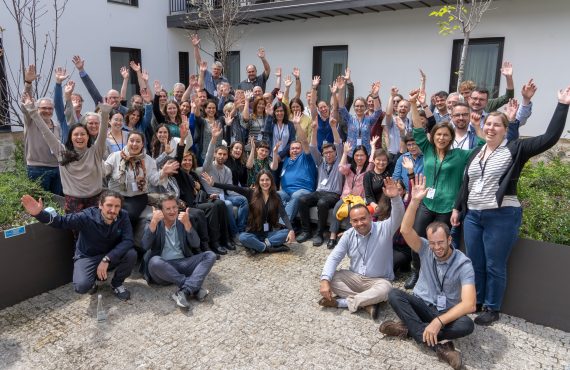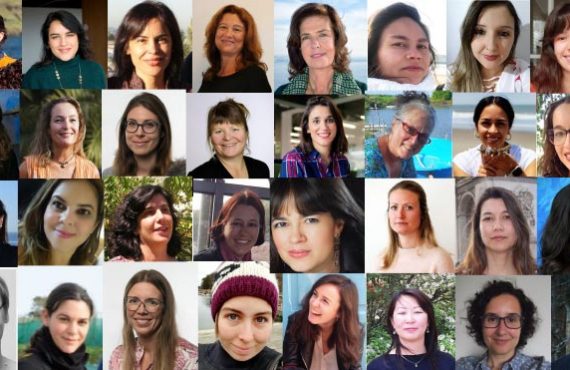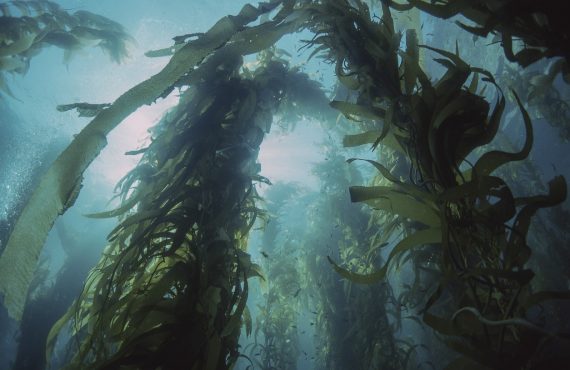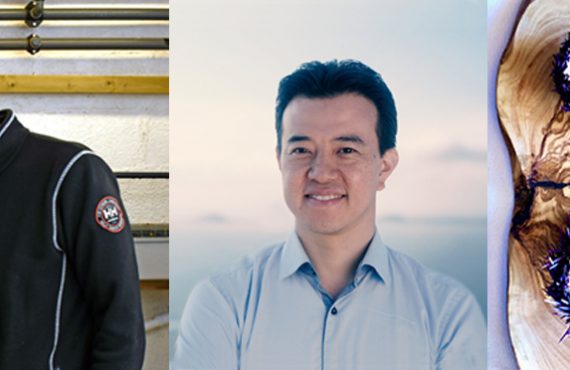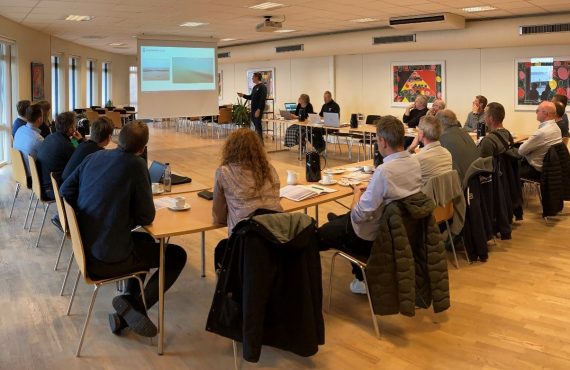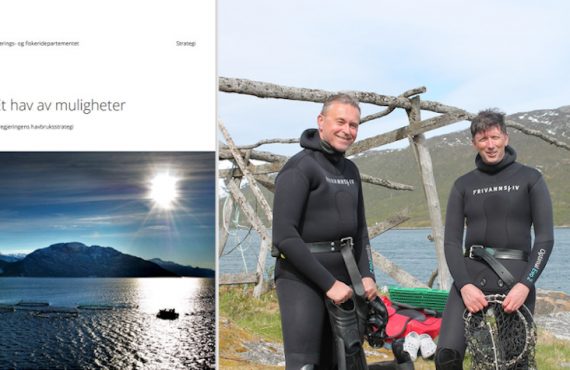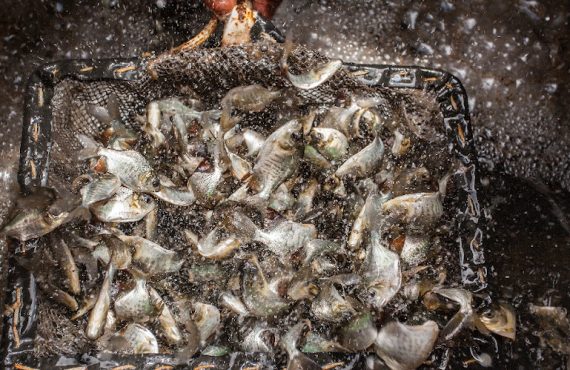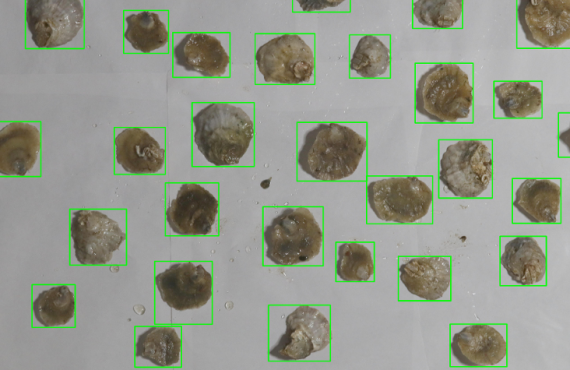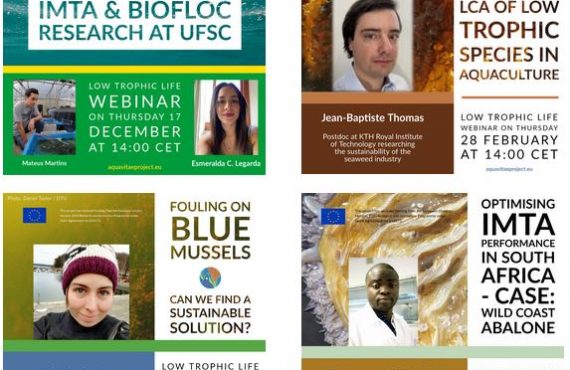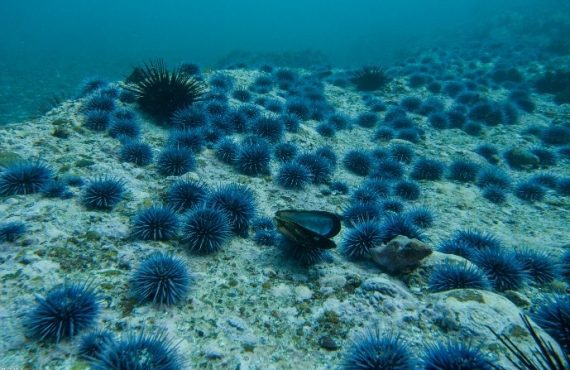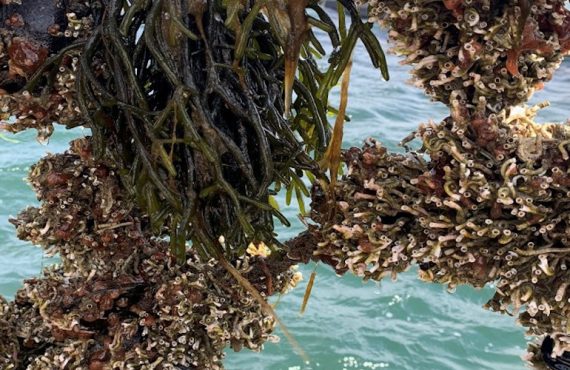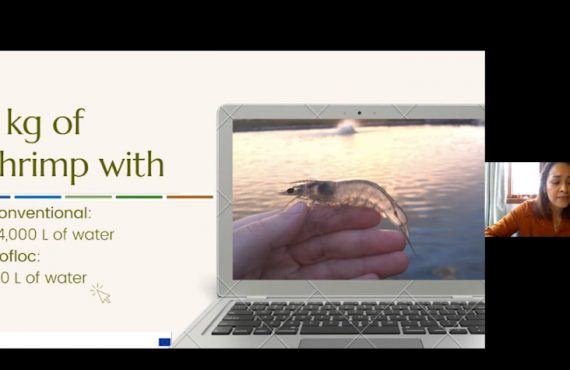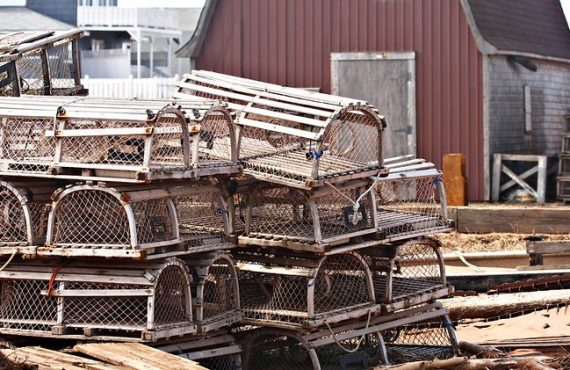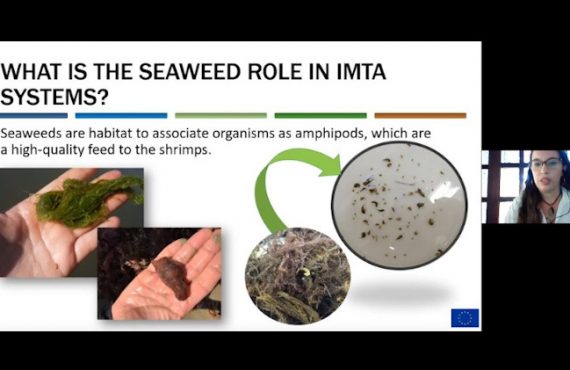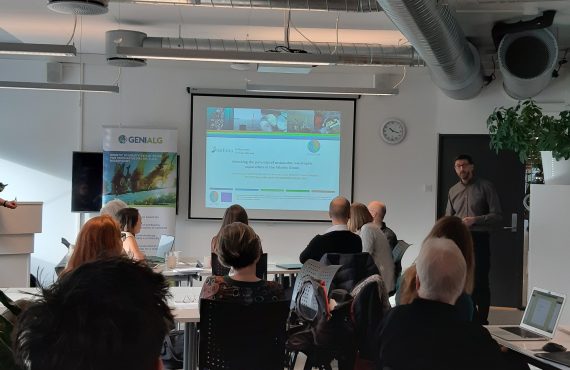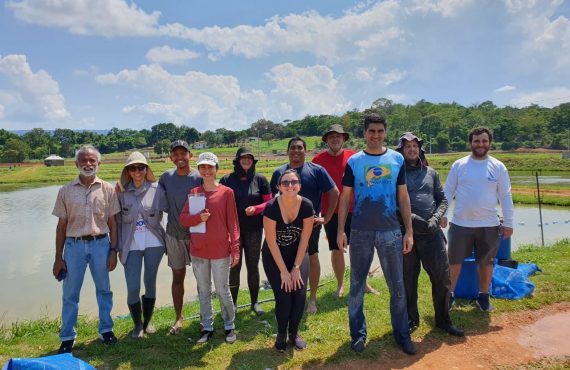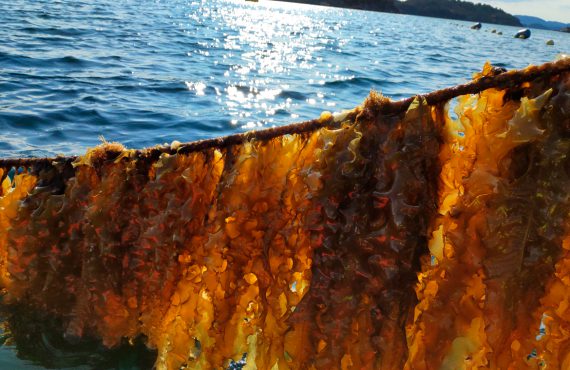Illustration for the SALTS MOOC: A.Kochanska, 2023.
Sustainable Aquaculture for Low Trophic Species (SALTS) MOOC was officially launched at AquaVitae´s 4th annual meeting! The coordinator of the MOOC, Adrianna Kochanska (researcher at UiT, pictured in the middle), Michaela Aschan (professor at UiT, right), and Katrín Hulda (specialist at Matis OHF, left) launched the course during the first day of the AquaVitae meeting (April 17th) in Florianópolis, Brazil.
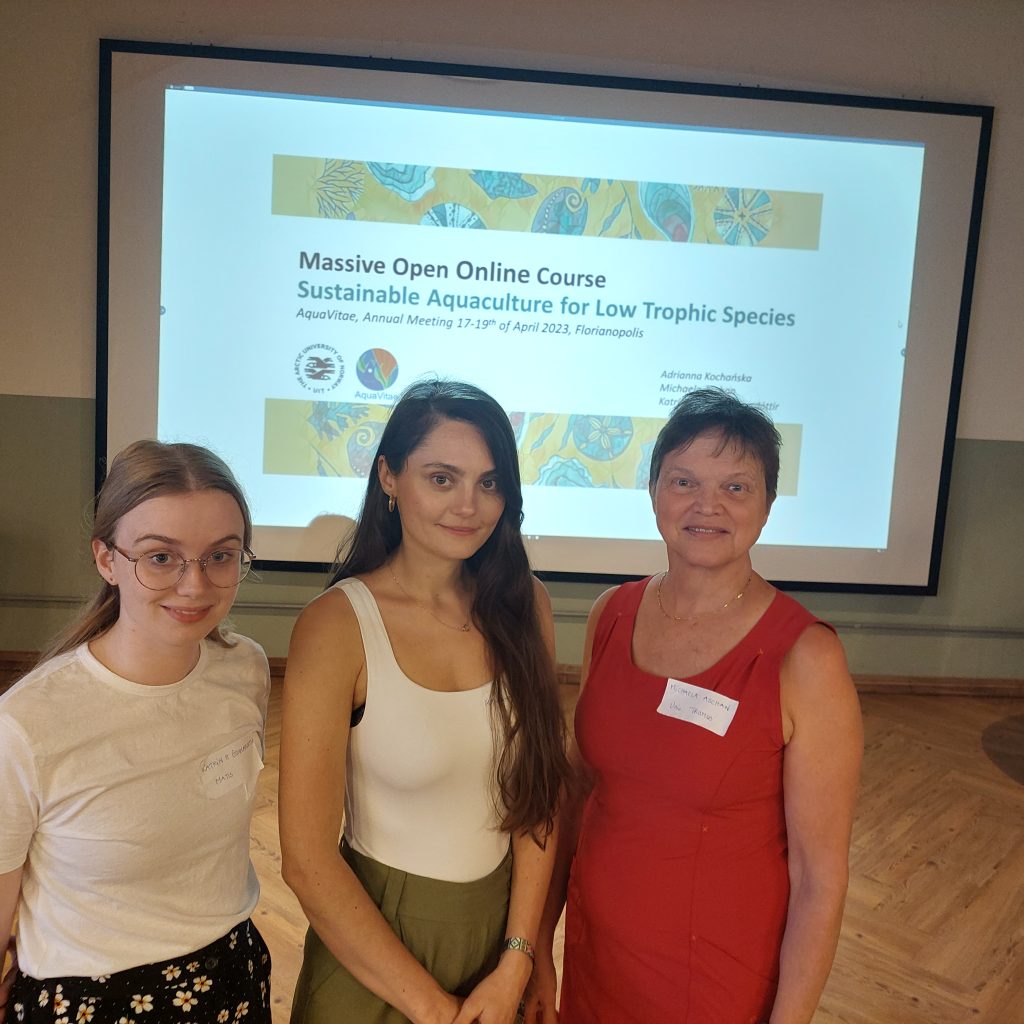
The SALTS MOOC was developed within the framework of the AquaVitae project. The UiT team, Adrianna Kochanska, Michaela Aschan, and Ronan Gombau, took on a leading role focusing on the design, pedagogical approach and development of the course material while coordinating the work of over 55 individual contributors from research, academia, and industry.
The course was born as a result of the limited educational resources available on low trophic aquaculture: ‘We want to create learning opportunities to increase the expertise within this important area for the future’, says Professor Michaela Aschan.
‘AquaVitae is a collection of brilliant experts in their respective fields, this was an opportunity to create a truly interdisciplinary and international course gathering case studies and experiences related to cultivating low trophic species from Europe, South Africa and Brazil’, adds Adrianna Kochanska.
The course consists of 11 modules focusing on the biology and production practices of low trophic species studied within the project, but also on related aquaculture topics, such as culture systems, sustainability, seafood safety, governance and business economics. After each topic, students are asked to complete an assessment to check their knowledge.
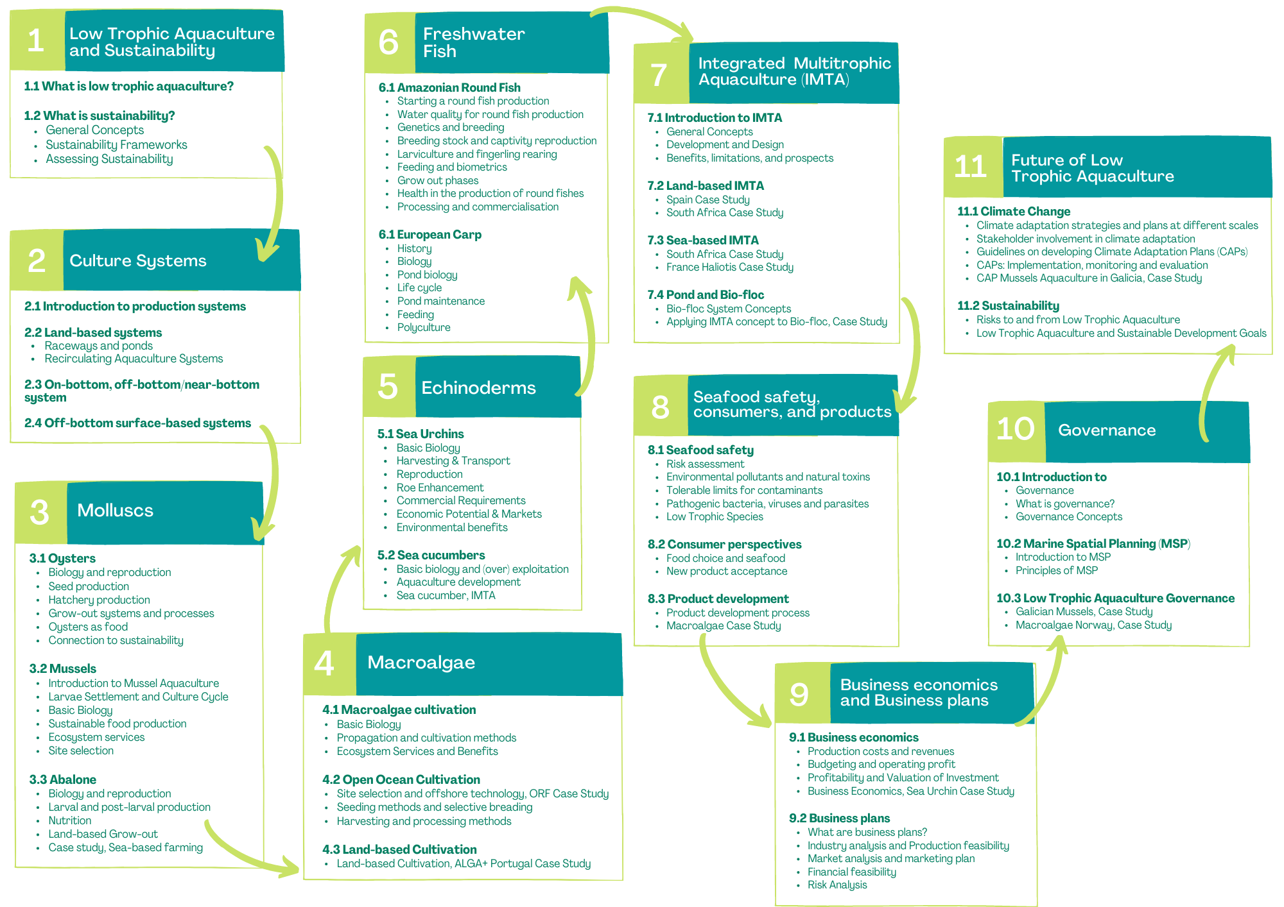
‘There are great expectations for increased aquaculture production, but if it is to be sustainable, we have to utilize species that are at a low level in the food pyramid in the marine ecosystem’, says Aschan.
The course contributes to international collaboration and diversification of education both at Master level. It is free, it has an interdisciplinary approach and it allows the student to register anytime and progress at their own pace. Upon completion, the student will receive a certificate if 60% the assessments are successfully passed. Students holding a European bachelor’s degree can receive an additional 5ECT if they register as a student at UiT. UiT charges a semester fee of approximately 40 EURO. This fee gives students access to all courses at UiT (where they are qualified).
Learn more about the course here: MOOC on Sustainable Aquaculture for Low Trophic Species




